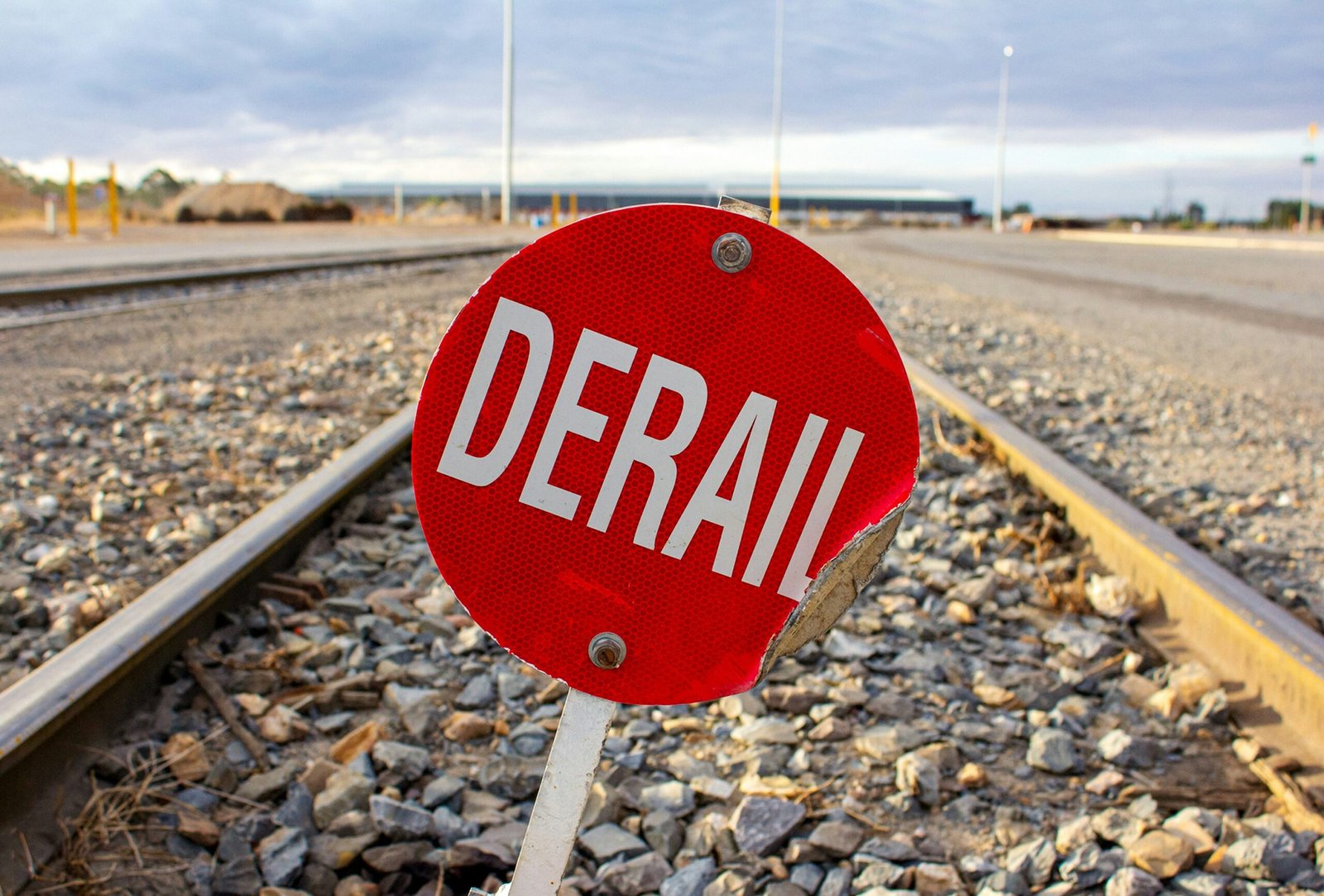A recent Norfolk Southern train derailment in Pennsylvania has raised significant environmental concerns. The incident resulted in the spillage of diesel fuel and polypropylene plastic pellets into the Lehigh River, highlighting the ongoing challenges in transportation safety and environmental protection.
Train derailments can have serious consequences, both in terms of human safety and environmental impact. In this case, the spillage of diesel fuel and plastic pellets poses a threat to the local ecosystem and water quality.
Transportation Safety Challenges
Train derailments are not uncommon, and they often occur due to a combination of factors such as track defects, equipment malfunction, or human error. Ensuring the safety of rail transportation is a complex task that requires constant vigilance and adherence to strict protocols.
Railway companies like Norfolk Southern have safety measures in place to prevent accidents and minimize the impact when they do occur. Regular inspections of tracks, maintenance of equipment, and adherence to speed limits are some of the steps taken to reduce the risk of derailments.
However, accidents can still happen, and when they do, it is crucial to respond promptly and effectively to mitigate the damage. In the case of the Norfolk Southern train derailment, emergency response teams were deployed to contain the spill and prevent further contamination of the Lehigh River.
Environmental Protection Challenges
The environmental impact of train derailments can be significant, especially when hazardous materials are involved. Diesel fuel and plastic pellets can pollute water sources, harm aquatic life, and disrupt the delicate balance of ecosystems.
Efforts to protect the environment in the aftermath of a derailment involve containment and cleanup operations. Booms and absorbent materials are used to contain and recover spilled fuel or other hazardous substances. Specialized teams work diligently to minimize the impact on the surrounding environment and restore it to its previous state.
However, the damage caused by train derailments is not always easily reversible. It can take months or even years for ecosystems to fully recover, and the long-term effects may be felt for generations.
Preventing Future Incidents
Transportation safety and environmental protection are ongoing challenges that require a multi-faceted approach. Regulatory bodies, railway companies, and emergency response teams must work together to develop and enforce stringent safety standards.
Regular inspections and maintenance of tracks and equipment are essential to identify and address potential issues before they lead to accidents. Training programs for railway personnel should emphasize safety protocols and best practices to minimize the risk of human error.
Additionally, public awareness and engagement play a crucial role in holding railway companies accountable for their safety and environmental practices. Communities living near rail lines can advocate for stronger regulations and demand transparency in reporting incidents and their aftermath.
Conclusion
The recent Norfolk Southern train derailment in Pennsylvania serves as a reminder of the challenges involved in ensuring transportation safety and protecting the environment. Accidents like these highlight the need for continuous efforts to improve safety standards, enhance emergency response capabilities, and minimize the environmental impact of train derailments.
By prioritizing safety, investing in infrastructure, and fostering a culture of environmental responsibility, we can work towards a future where train derailments and their associated risks become increasingly rare.
































